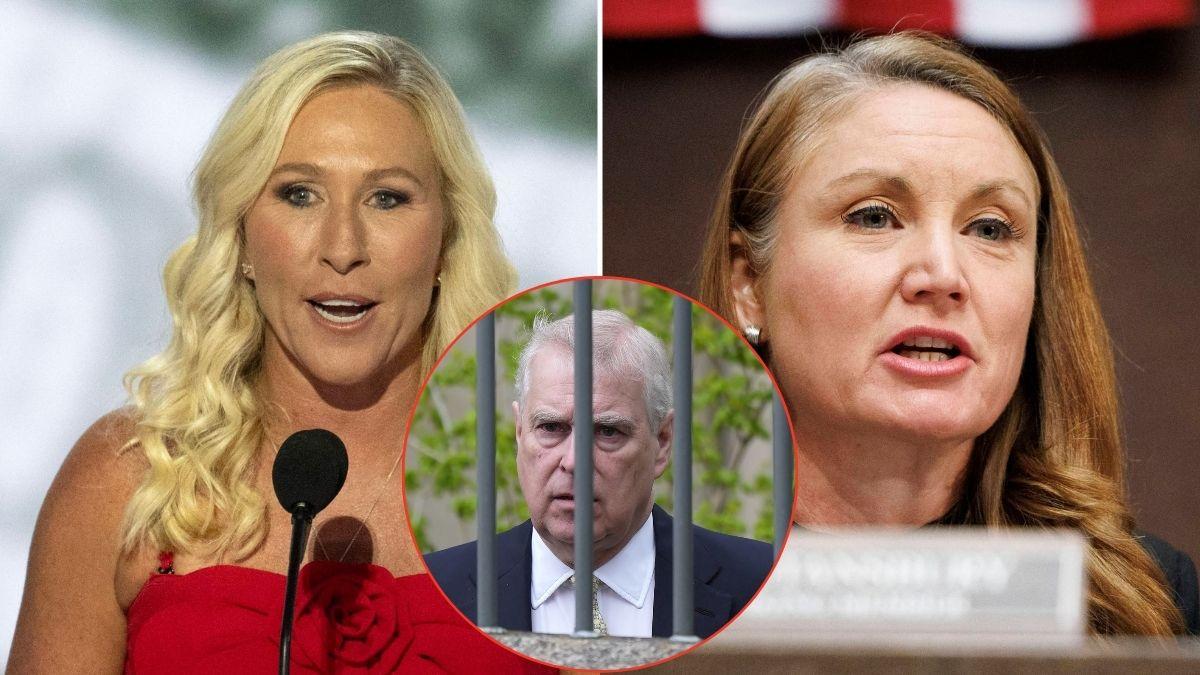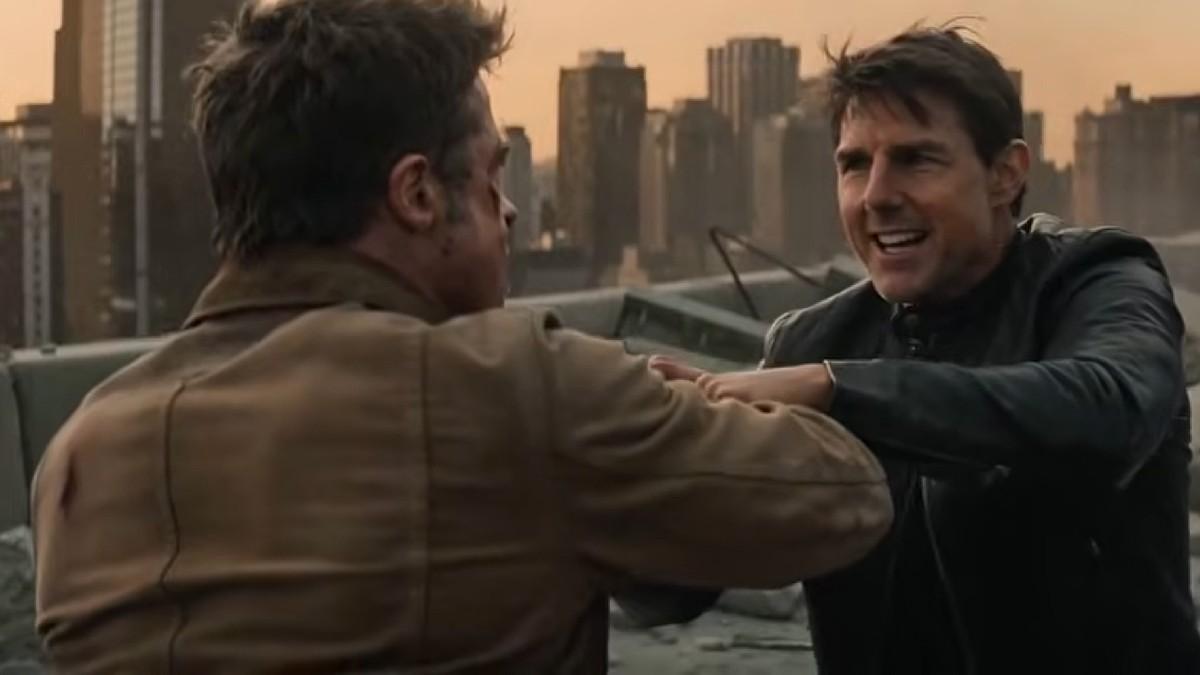EXCLUSIVE: How King Charles Was 'Plunged Into Panic For Future of Monarchy' If Prince William's First Child Had Been a Girl
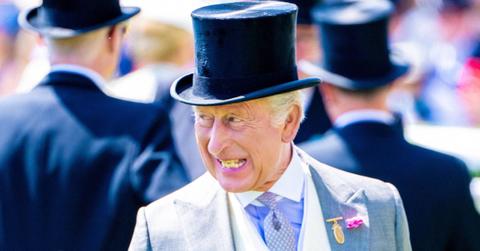
King Charles was filled with anxiety over the possibility is first grandchild could be a girl.
Nov. 2 2025, Published 12:45 p.m. ET
King Charles was thrown into panic over the future of the British monarchy when he learned Prince William and Kate Middleton were expecting their first child, fearing the stability of the royal line could be shaken if their baby was a girl.
RadarOnline.com can reveal the claim is made in Power and the Palace, a newly released book by royal author and former correspondent Valentine Row, which details Charles' intense behind-the-scenes concerns before the 2013 birth of Prince George.
At the time, still the Prince of Wales, Charles is said to have worried about the implications of the then-proposed Succession to the Crown Bill – legislation ending centuries of male-preference primogeniture.
Charles' Deep Anxiety Over a Female Heir Exposed
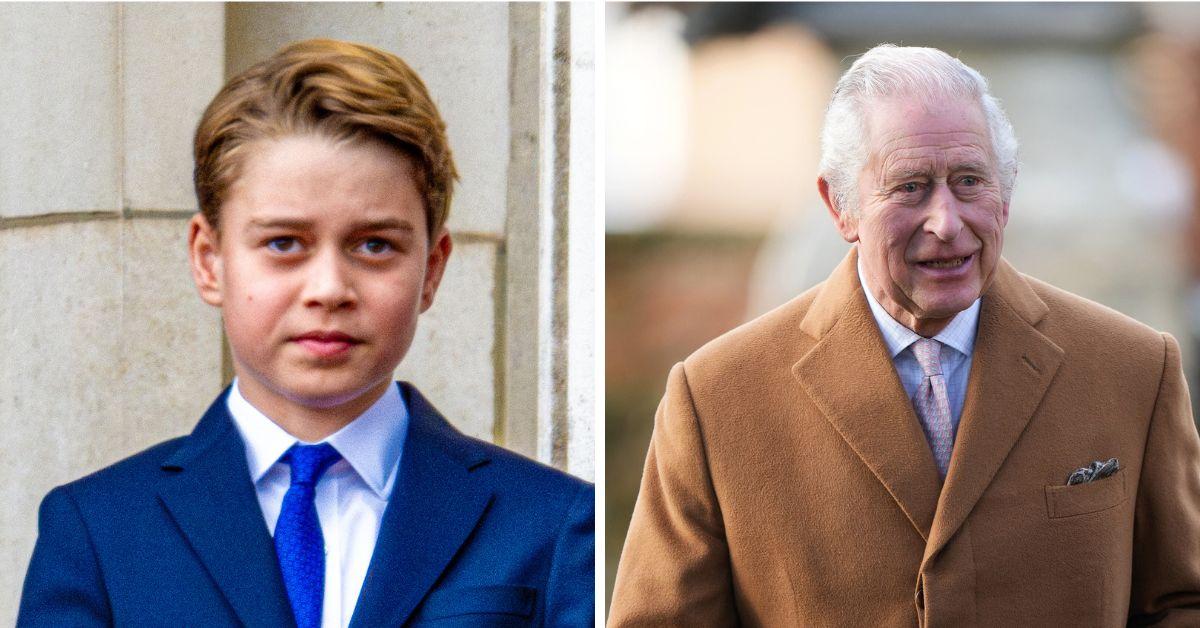
Charles worried about the monarchy’s future before Prince George’s birth.
A source close to the royal household claimed: "Charles is known for thinking deeply about the monarchy's long-term survival. When William and Kate announced their first pregnancy, it set off real anxiety for him. He wasn't being sexist – he was thinking about symbolism, lineage, and what it could mean if the traditional royal structures were suddenly rewritten. He was terrified the monarchy could lose its identity."
According to Row's book, Charles invited Richard Heaton, then Permanent Secretary to the Cabinet Office, to Clarence House in 2012 to discuss the royal charities' links with government. But the meeting is said to have taken an unexpected turn when the future king began pressing Heaton on the finer details of the proposed succession reform.
The Fear of Losing the Windsor Name
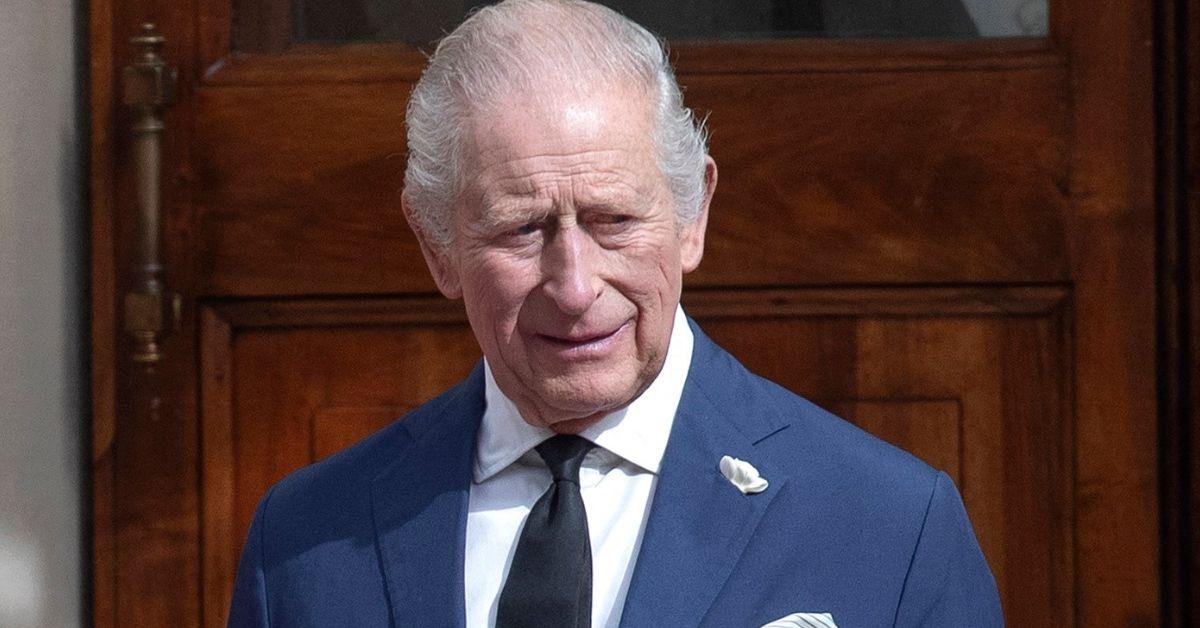
Charles feared the Windsor name could disappear if William had a daughter.
The book claims Charles repeatedly questioned what would happen if William's first child were a girl who eventually became monarch. He was said to be particularly concerned about whether a reigning queen could legally pass on her husband's surname – potentially altering the centuries-old royal house name of Windsor.
Row writes Charles gave Heaton a hypothetical example, asking whether the royal family would remain the House of Windsor or become the "House of Smith" if his granddaughter married someone with that surname.
A palace insider familiar with the meeting said: "He was genuinely worried about how a name change might look. The Windsors are central to the monarchy's identity – that's the brand, so to speak. Charles feared that if the name shifted, it might weaken the royal image or confuse its continuity."
Religion and the Royal Dilemma
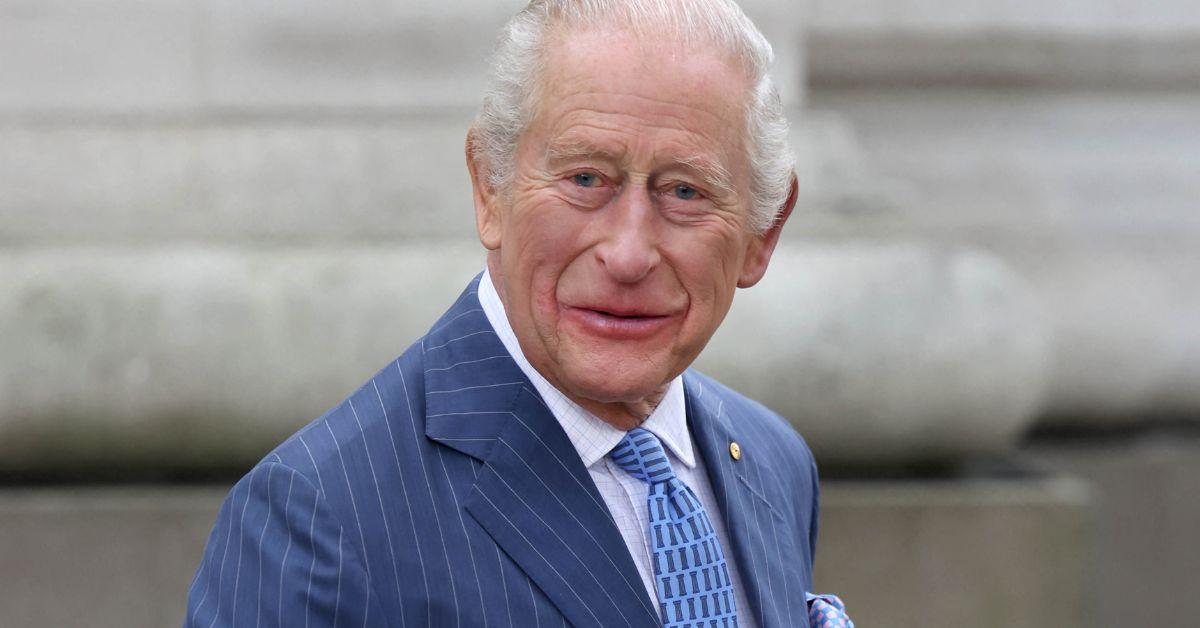
He questioned what would happen if a future queen married a commoner.
The book also reveals another source of anxiety for Charles – the possibility a future queen could marry a Catholic, something historically prohibited under the Act of Settlement 1701 because the monarch serves as Supreme Governor of the Church of England.
Our insider claimed: "Charles understood how much the modern monarchy had evolved, but he also knew how delicate the balance is between tradition, religion, and constitutional law. He feared that one wrong move – a different name, a religious conflict – could erode public confidence in the crown itself."
Row writes Charles' persistent questioning began to frustrate Heaton, who was reportedly exasperated by the royal's fixation on hypothetical outcomes rather than the practicalities of the bill.
A Crisis Averted – But the Worry Remains

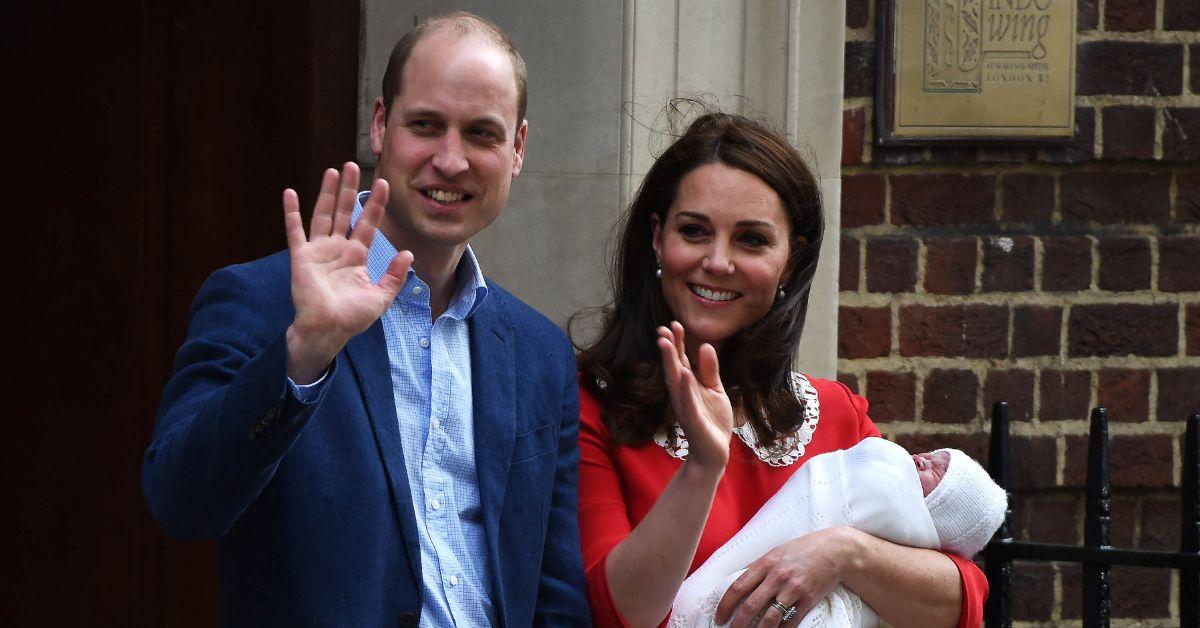
William and Middleton announced their first pregnancy in 2012.
Ultimately, Charles' fears proved unfounded when William and Middleton welcomed their first child, Prince George, on July 22, 2013.
The couple went on to have Princess Charlotte in 2015 and Prince Louis in 2018. But those close to the monarch say his reaction at the time revealed just how deeply he thinks about the crown's survival.
One royal source said: "Charles has always carried the weight of the institution on his shoulders. The idea that one twist of fate – even a baby's gender – could alter the course of history really did keep him up at night."
